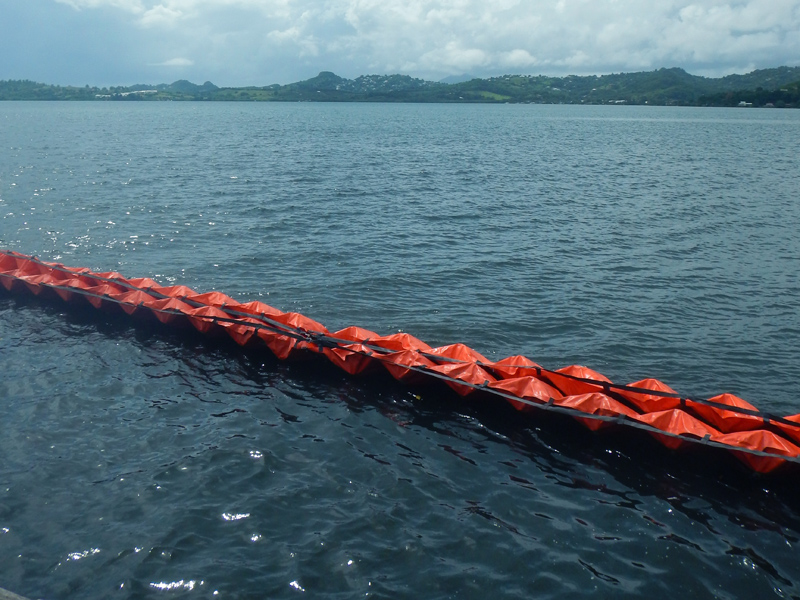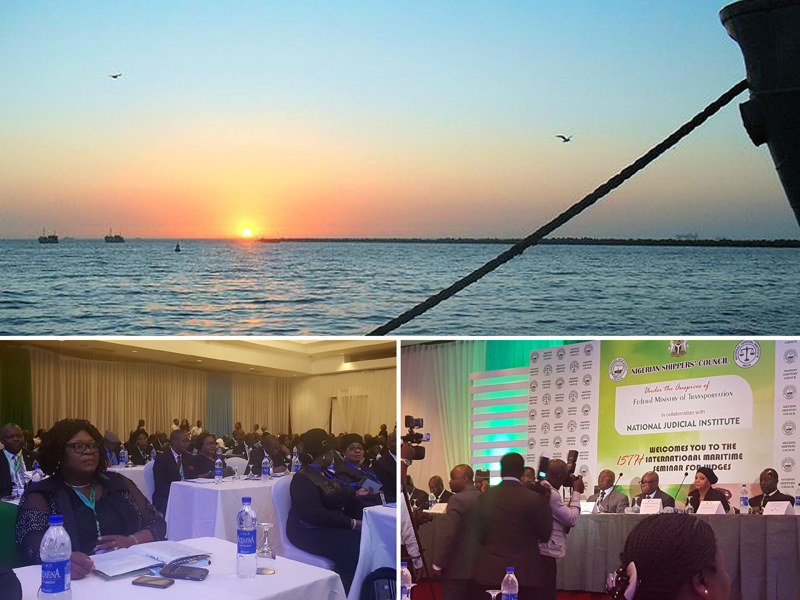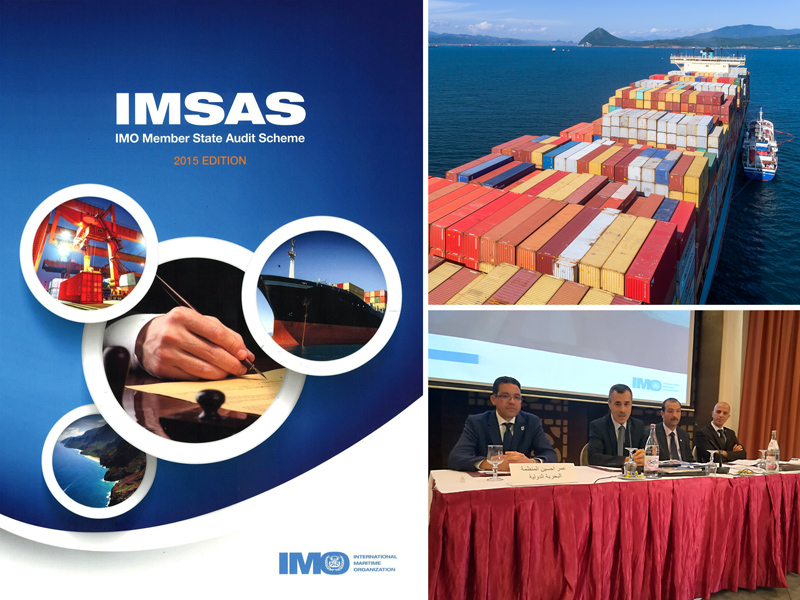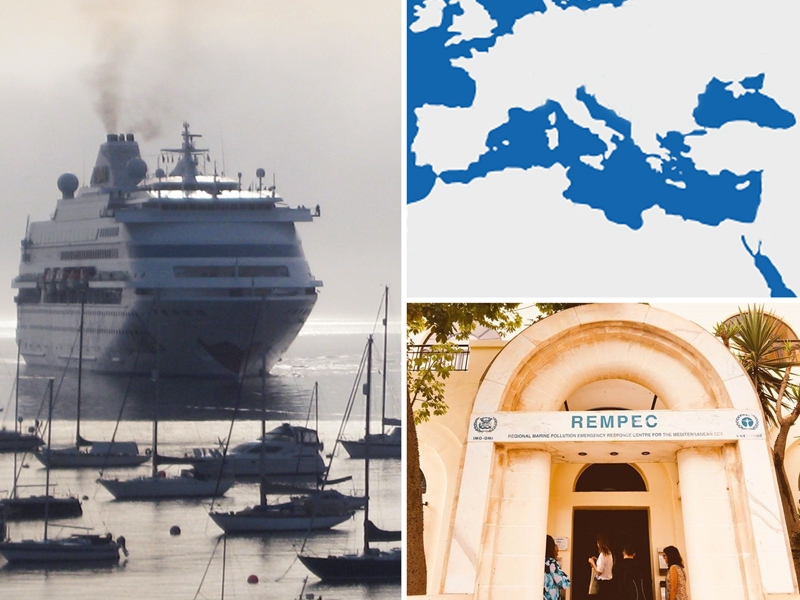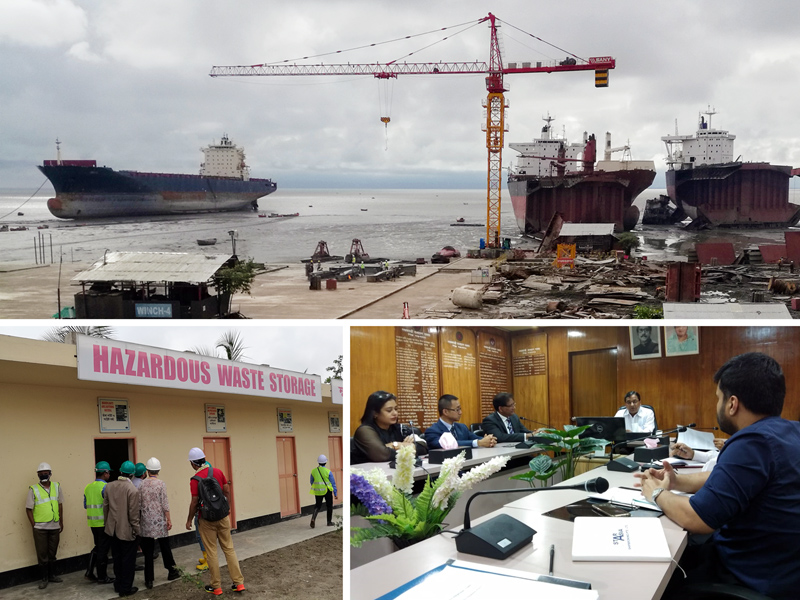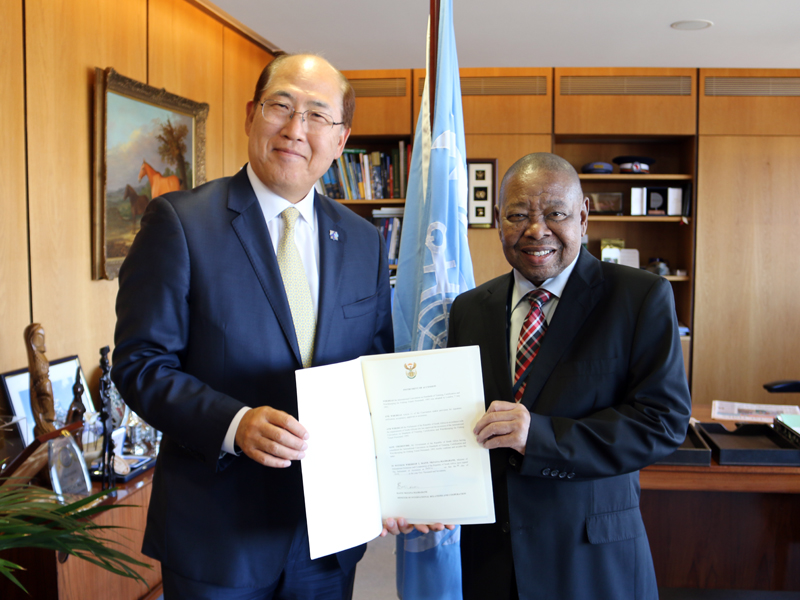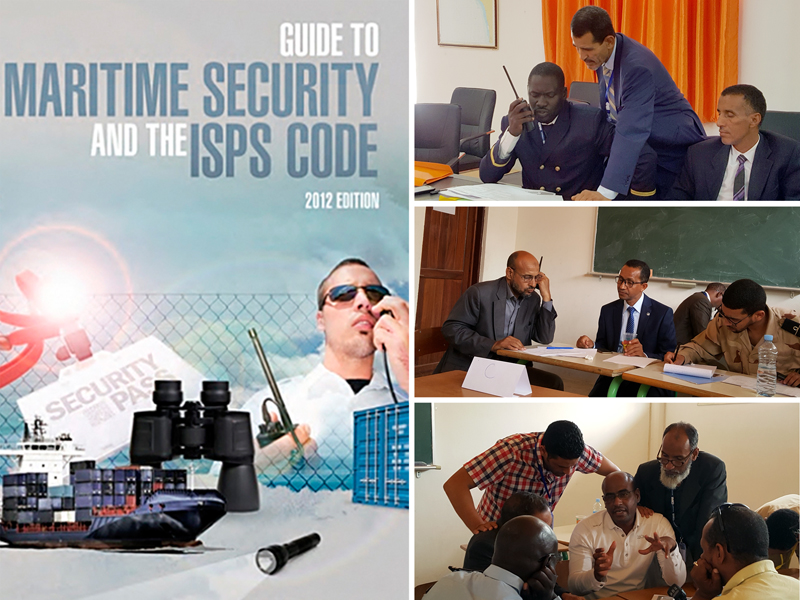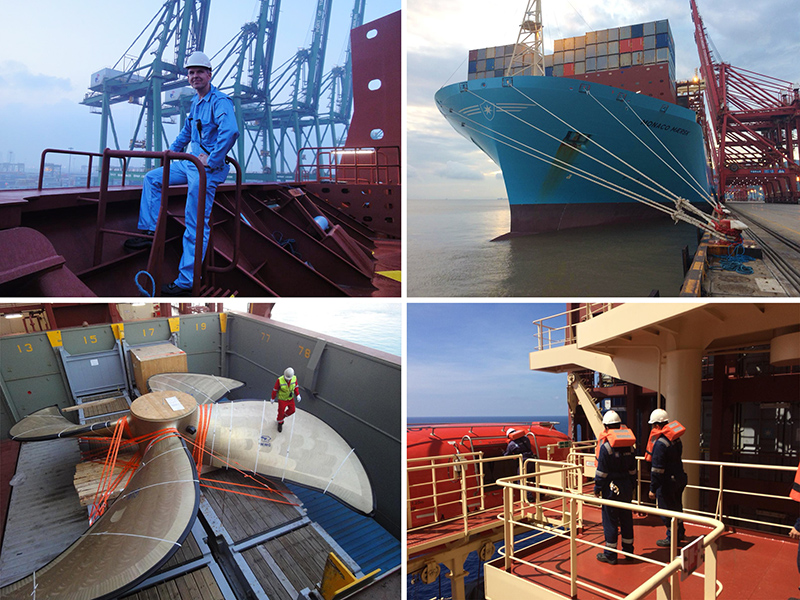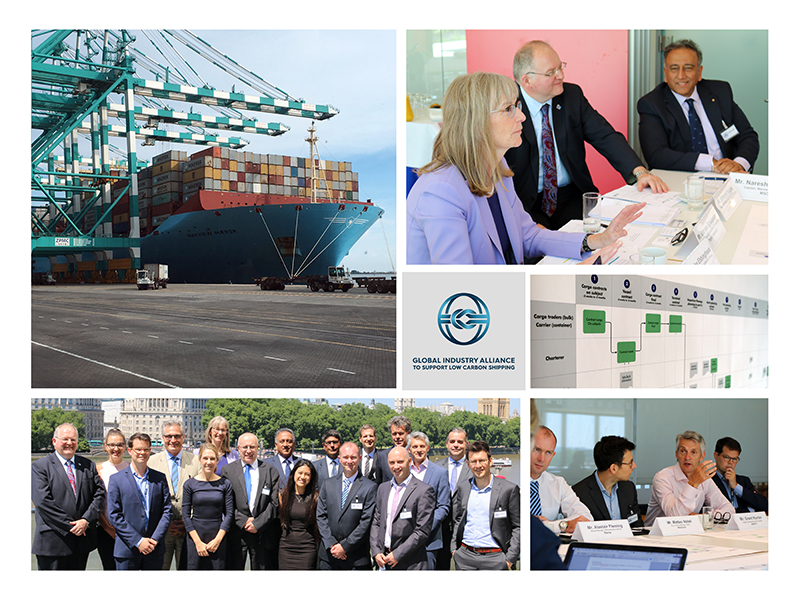Whats New 2018
Strengthening oil spill preparedness in South-East Asia
Oil spill
contingency planning is in the spotlight at an IMO regional workshop in Pulau
Indah, Malaysia (2-6 July). The workshop is helping countries* in South East
Asia become more familiar with the ASEAN
Regional Oil Spill Contingency Plan - designed to enhance cooperation between
States. Participants are reviewing a number of aspects
of the plan and exercising its communication procedures. more...
IMO’s maritime security work presented at Nigeria law conference
IMO’s mandate on piracy and armed robbery against ships broader
maritime security measures has been presented at the International Maritime
Seminar for Judges held in Abuja, Nigeria (3-5 July). Gisela Vieira from IMO’s maritime security team provided input as
part of a discussion on ‘Piracy and Armed Robbery at Sea: Legal Interpretation
and Judicial Application’. more...
Getting audit-ready
Auditing IMO Member States to assess how effectively they administer key IMO treaties is an important part of the Organization’s work to ensure its regulatory framework is universally adopted and implemented. IMO’s Member State Audit Scheme (IMSAS) is the subject of a regional workshop taking place in Tunis, Tunisia (2-6 July). more...
Mediterranean SOx emission control area study begins
A new study to assess the benefits, costs and feasibility of implementing an emission control area (ECA) to limit sulphur oxides (SOx) from ships in the Mediterranean Sea will consider, among other things, the potential health benefits for people living around the Mediterranean as well as cost implications for ship owners. The IMO Regional Marine Pollution Emergency Response Centre for the Mediterranean Sea, REMPEC, is coordinating the technical and feasibility study to examine the possibility of designating the Mediterranean Sea, or parts of it, as a SOx-ECA under IMO’s prevention of pollution convention (MARPOL) Annex VI. more...
Second phase of Bangladesh ship recycling project begins
The second phase of an IMO-implemented project to enhance safe and environmentally sound ship recycling in Bangladesh has been launched with the first Project Executive Committee meeting in Dhaka, Bangladesh (2 July). The SENSREC Project Phase II - Capacity Building, funded under a US$1.1 million agreement with Norway, will focus on legal and institutional analysis of ship recycling in the country and will develop a roadmap for the Government of Bangladesh to accede to the 2009 Hong Kong International Convention for the Safe and Environmentally Sound Recycling of Ships (HongKong Convention). The two-year project will also provide training for workers in ship recycling yards, supervisors and government officials. more...
South Africa signs up to treaty on fishing vessel personnel
South Africa
has become the 25th State to sign up to the IMO treaty on Standards of
Training, Certification and Watchkeeping for Fishing Vessel Personnel (STCW-F). The Convention sets the certification and minimum
training requirements for crews of seagoing fishing vessels of 24 metres in
length and above. more...
Security drills and exercises in Mauritania
Maritime security training has taken
place in Nouadhibou, Mauritania (25-29 June). The IMO workshop
reinforces and improves existing security measures in the country by
training port security officials to design and conduct drills and
exercises in line with the International Ship and Port Facility Security
(ISPS Code) and recommendations in the APEC Manual of Maritime Security Drills and Exercises for Port Facilities. more...
IMO on board
Lifeboat inspection, fire drills, emergency generator training, keeping watch, new friendships, ports, building professional networks, and working far away from home and family. These, and many more, are all part of life at sea, and IMO’s own Sascha Pristrom is experiencing these during a voyage on the Monaco Maersk ultra large container ship. more...
Just-In-Time - part of the solution to cut ship emissions?
When arriving at a destination port, ships can remain
anchored for many hours or days until getting a berth. During this time,
fuel is still being used – which can have a significant impact on port air
quality. Could Just-In-Time (JIT) ship operation be part of the solution to
reducing ship emissions? This is the question being discussed at an IMO-led
roundtable meeting of the Global Industry Alliance to Support Low Carbon
Shipping (GIA) and relevant industry stakeholders, at IMO Headquarters, London
(29 June). Participants are considering JIT operation, which is not currently a
common industry practise, and how it could be applied within various segments
of the shipping industry – with a view to identifying potential
solutions/activities that could support further uptake of the practise (photos). more...
